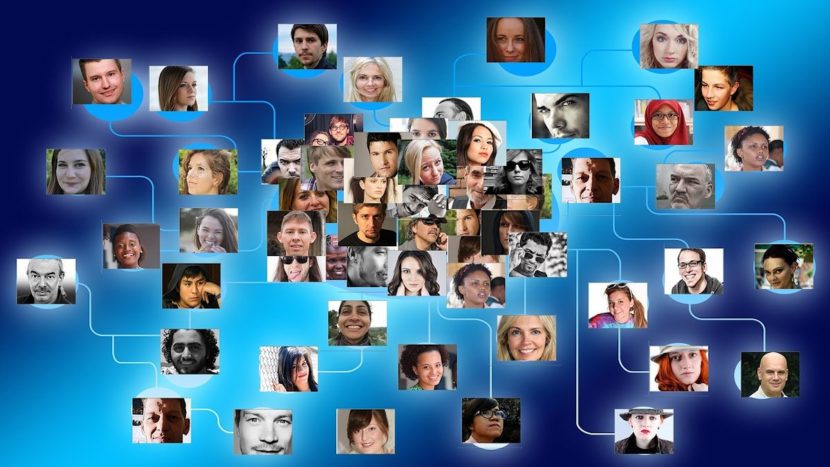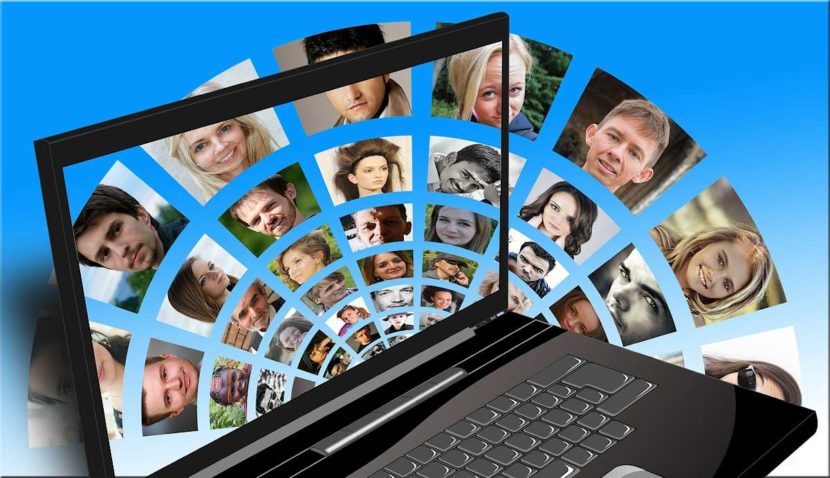
Internet of People: From the Internet of Things to the Internet of All
In our previous article, called "Fourth Industrial Revolution: The role of Free Software in this new era”, We explained the characteristics or new technologies that make life in this stage of human development. Among those mentioned were: The Internet of Things, Internet of People and Internet of All. However, we've all heard or read about the first one, but what are the other 2?
Well, in short, the «Internet de las Personas (Internet of Persons - IoP)» o «Internet de los Pagos (Internet of Payments)», as others often call it, is nothing more than a concept that encompasses new technologies on Internet that combine the concept of «Internet de las Cosas (Internet of Things – IoT)» and Digital payment.
While the «Internet de Todos (Internet of Everybody)», goes a little further, since it is a concept that extends the scope of action of the IoT in the machine-to-machine communications (M2M) to a much more complex system that also encompasses people and processes.

Other important concepts that we must be clear about, for those less knowledgeable on the subject are: «Internet de las Cosas» which is nothing more than a concept that encompasses the digital interconnection of everyday objects through the network. All by including processors and sensors within all types of devices so that they measure and process everything that happens in our environment and transmit it using the Internet. Hence, the term Devices Smartas they must be able to send and receive information of all kinds through the network.
Meanwhile he «Pago digital» is a young technology that encompasses everything related to innovations in payment methods (commercial, financial, banking), Such as payment with mobile.
And how do we get to the Internet of People?
Mobile payments
In the last decade, the use of «Internet de las Cosas» and «Pago digital» (including the use of mobile phone payment) have become exponentially popular. Which, without a doubt, has brought benefits translated into concrete facts that have facilitated the existing and future development of the «Internet de las Personas o Pagos».
According to specialized agencies in the matter, for this year 2019 it is expected that the amounts traded through Mobile Payments worldwide exceed the figure of 1.000.000 million, since each previous year it has grown 20% more on average. For example, for 2018 I exceeded the number of 900.000 million worldwide.
Electronic payments
While the Electronic payments, that is, those products of the electronic commerce (e-commerce) worldwide, they are expected to exceed the figure of 3.500 million. Since, as in the Mobile Payment, it has an annual growth of around 20%. For example, for 2018 a figure higher than the 2.800 million approx.
Digital payments
Some Organizations estimate that, in 2023, 26% of global retail trade will be done through Digital payments. All this panorama must be included, the growing and increasingly popular and accepted use of the Cryptocurrencies both community and business, both national and regional, both stable and variable, backed by the trust of its users or natural resources of the community, organization, country or region that issues it.
Internet of People or Payments (IoP)
In short, this technology refers to devices manage to execute payments by itself, without human mediation. In such a way that these devices are capable of make payments directly, that is, that they can execute the purchase of certain products. Some practical examples of this technology in operation are:
- Refrigerators (Fridges / Refrigerators) capable of purchasing products according to the needs detected and subsequently making the payment.
- Gasoline, Gas or other service station, capable of interacting with vehicles to serve them fuel and negotiate the payment directly.
- Heating or cooling systems that, when they suffer a breakdown or failure, are able to contact the technical service to correct the problem and subsequently pay for the technical service.
- Image Printing or Digitization Equipment, capable of requesting and paying for its own toner when they detect that the current one is running out.
- Toll systems that automatically charge the balance of the service to the Vehicle or Driver.
- Supermarket checkouts that automatically collect the balance of purchases calculated in checkouts from the User.
This and many more examples, today proliferate every day around the world, since the «Internet de las Personas o Pagos» it grows without stopping, for the benefit of all. Although, this should lead us to become aware of how Computerized citizens of our own Informatic security, since crimes in this field could also be increased, just to mention one negative aspect, among many others.

Conclusion
How can we see, el «Internet de las Cosas, el Internet de las Personas y el Internet de Todos», make life today, in this important stage of humanity, la «Cuarta Revolución Industrial». In most cases, to generate well-being and comfort, and in others, if it is not well distributed and overcrowded, exclusion and inequalities of opportunities.
Meanwhile, we will wait little by little, changes resulting from its implementation to see if it actually brings us more benefits than damages in the short term, both individually and collectively, to achieve a better world for everyone.
For now, if you liked the article, don't stop sharing it with others, in your favorite channels, groups or communities of social networks, preferably free and open as Mastodon, or secure and private like Telegram.